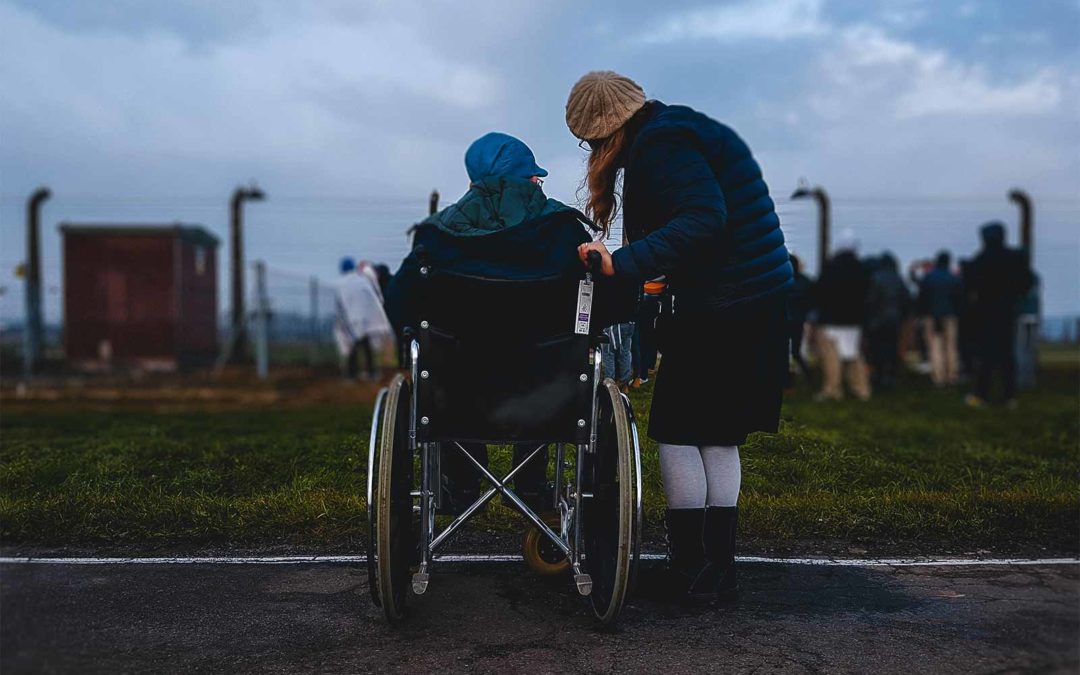There may be a time when your elderly parent or loved one might require assistance in completing their daily tasks and responsibilities. Home health care services are primarily non-medical support offered by a professional caregiver to help your loved ones live a safer, healthier, and more independent life.
Most seniors are content, healthy, and self-sufficient. However, as people age, they experience physical and mental changes that can make it difficult to maintain an active and independent lifestyle.
What Are the Signs That My Loved One Needs Home Care?
Chronic Diseases
As a loved one’s healthcare demands increase as chronic illnesses prevail, such as heart failure or diabetes, family caregiver responsibilities shift. When this happens, contact a home care provider to have a professional caregiver sent to assist you. Home care support can help with tasks such as giving oxygen, safely transferring from a bed to a wheelchair, meal preparation, shopping, doctor appointments, and laundry, to name a few.
Changes in Behavior and Appearance
Changes in appearance, personality, and the house’s overall condition usually signal a change in physical and/or mental health. Even minor behavioral changes can indicate that an elder is no longer willing or capable of performing routine duties without assistance. These are just a few instances of the many signs that indicate the need for assistance. Other warning indicators include a lack of fresh food in the house, weight loss, forgetting to take medications, and unexplained bruising, which generally indicates mobility issues.
Health Issues
New or worsening health problems frequently suggest that a senior needs a thorough medical examination and could benefit from more help at home. A home health care specialist can assist an elderly loved one with monitoring vital signs, managing chronic medical conditions, navigating a complicated prescription regimen, participating in therapy activities to promote independence, and wound care.
Family Burnout
If you’re currently assisting a loved one with grocery shopping, housekeeping, transportation to appointments, or medication management, be open and honest about how this additional burden is affecting you, your family, and your schedule. It’s critical for family members to recognize the indicators of caregiver burnout and when they need to delegate some of their responsibilities.
Change in Stride or Gait
Have you observed your loved ones clinging to the furniture or the walls as they move around the house? Have they suffered a recent fall or several ‘near falls?’ A caregiver can lend a helping hand when walking, moving, or climbing stairs, as well as act as an extra set of eyes to make sure the home is as safe as possible for your loved ones.
Recovery Period
If a family member has been sick or is returning home from the hospital, they may want more assistance as they recuperate. A caregiver can help with meal preparation, housekeeping, reminding your loved one to take their prescription on time, and providing respite care to family members. If a loved one is confined to a bed, professional caregivers have received additional training in body mechanics to facilitate safe transitions from one location to another when dressing, bathing, or using the restroom.
Driving
Driving is one of our most powerful symbols of independence, yet for many older individuals, age-related issues make driving difficult. Therefore, having a caregiver present at home can help you get additional help and support while going to the hospital or getting groceries. Some senior citizens even like it when others drive since it relieves them of driving to get where they need to go.
Preparing Meals
Have you noticed that your loved one has lost interest in cooking or has stopped eating regular meals? Perhaps you’ve noticed that they load the refrigerator and then go shopping for things they already own. While it’s normal for metabolism and appetite to vary as we get older, it’s critical that older folks get the nourishment they require to stay strong and healthy.
Isolation or Loneliness
It may be time to interfere if your loved one lives alone and is noticeably less active and social than they used to be. Elderly people who are socially isolated and lonely have a greater mortality rate than their counterparts. Isolation can also raise a person’s chances of dementia and depression, dramatically lowering their quality of life.
Final Thoughts
Many elderly people eventually reach a point where they are unable to care for themselves as well as they once did. Home care may alleviate any stress or difficulties associated with housekeeping while also ensuring your loved one’s safety and comfort.

